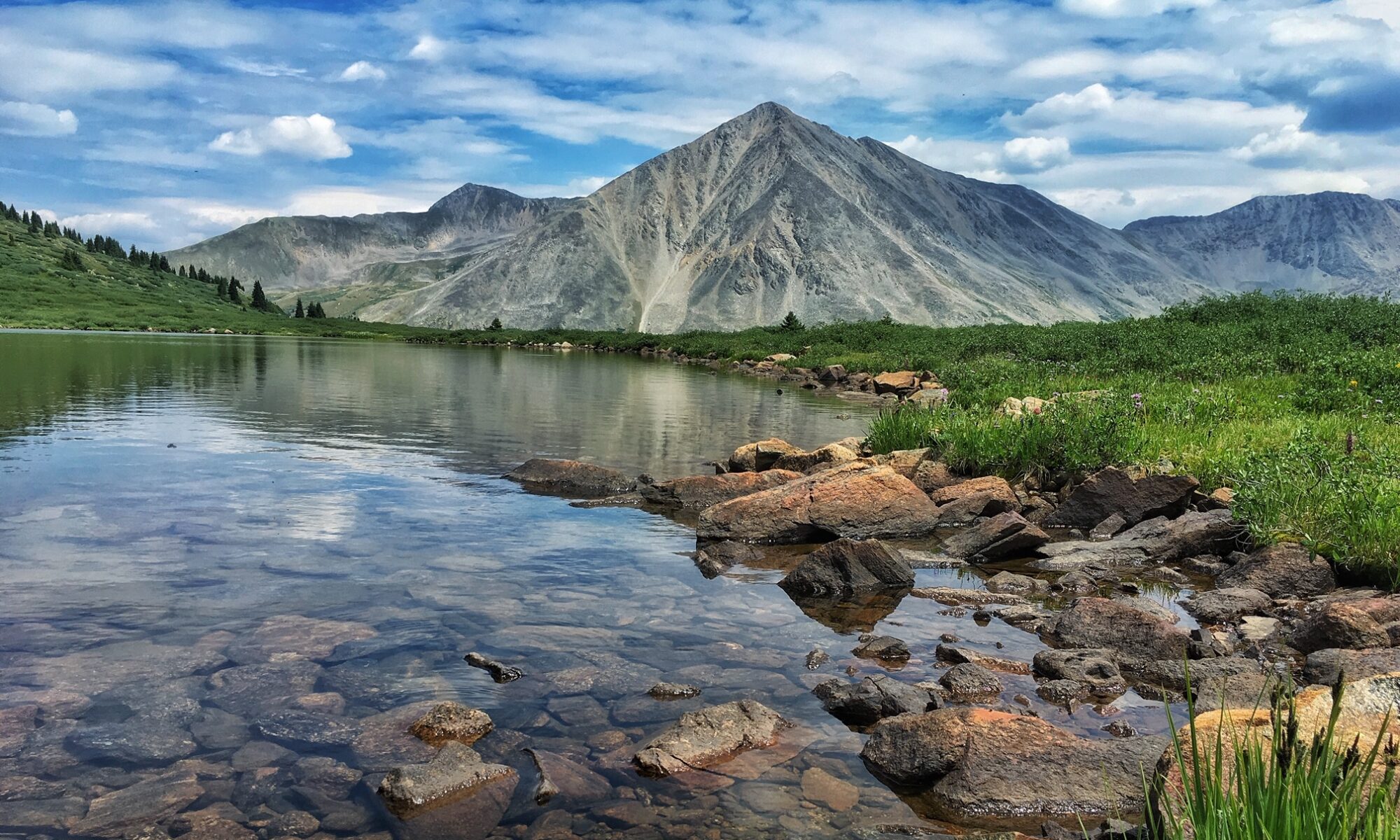One of the finest fly fishing books in the last three decades is Spring Creek by Nick Lyons.
It offers an account of 31 days Lyons spent on a spring creek in Montana. He originally published it in 1992. The writing is vivid and crisp, and it is full of wit and wisdom. Here are a few gems from the book that will make you smile and reminisce about your own fly fishing experiences. Enjoy!
First, though, a public service announcement: you may not be able to stop laughing after you read the final gem in the collection below!
How fly fishing resembles a tennis court
“Fly fishing is both a restriction (like putting up a net and outlining a court, so two tennis players don’t just smash a ball at each other, wantonly) and an opener of new worlds.”
The difference between spinning and fly fishing
“I’m not quite sure why one switches from spinning to fly fishing — it’s like going from something that works to something that, for a long time, doesn’t work.”
But Lyons has a tongue-in-cheek answer
“One cannot get enough equipment: seven rods are not enough; three thousand flies do not quite serve all possible contingencies. One cannot study entomology hard enough, read enough magazines and books. Marketers of such stuff call this an “information-intensive” period; I think the novice is just gut-hooked and loony.
“There’s so much to learn: plop casts and reach casts, subtler stream reading, twenty-seven different knots, wading techniques, insect cycles, ninety-three new fly patterns “you can’t do without,” new hot spots, new techniques … of which there are as many as rocks in a stream. By comparison, spinning is one-dimensional: it bypasses virtually all that makes fly fishing a joy and a consummate challenge, and it leaps solely to the catching of trout, which it does very well, but with a limited number of necessary options.”
The calming effect of the river
“I had come to the river full of tension and Saint Vitas’s dance, but by the end of the first week, the rush, the fret, the wolf, the tooth of the world began to slip away, over the bench past the far range of snow-capped mountain ranges, into left field.
“My eyes and ears began to catch more and more: the muskrat, the sparrow, the bald eagle, the white-tailed deer, the great wealth of wild things in this valley, which the two of us fished alone. But mostly I watched the water and listened to the water.”
A float tuber’s worst nightmare
“A friend, fishing from a float tube, was once blown across an arm of Hebgen Lake by heavy wind; he ended in a tangle of brush on the opposite shore and was contemplating the long walk back, around the arm, in flippers or bare feet, when he saw a helicopter descending in the nearby field.
“He began to call to them but then noticed that they were depositing something from a scrotumlike net beneath the plane. It was only a rogue grizzly — and my friend was persuaded to hide in the brush for an hour or so, until the wind died down, and then head back across the lake.”
To pick up the book, visit Amazon.


